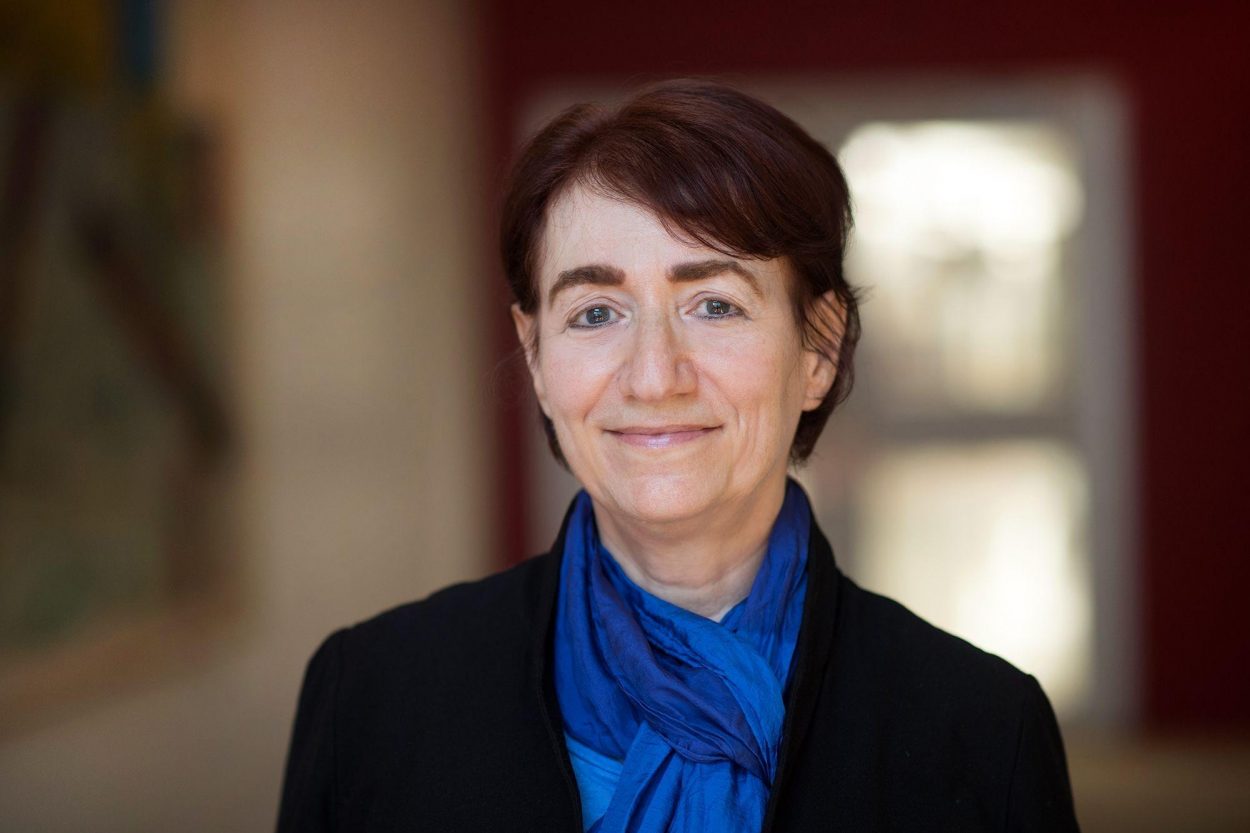Hazel Sive, a globally respected developmental biologist and educator, will become dean of the Northeastern University College of Science, beginning in June 2020. Sive, a member of the Whitehead Institute who has also been on the faculty of the MIT Department of Biology since 1991, is a much-lauded teacher and academic leader at MIT.
“The greatest professional honor of my life has been to be a member of Whitehead Institute and a professor of biology at MIT. To be part of the extraordinary research landscape, to educate our outstanding MIT students, and to have had opportunities to contribute to governance and international activities, has been quite wonderful,” says Sive.
“At the same time, this is an exciting next step in my career,” Sive says. “Northeastern has a fantastic, innovative ethos that meshes with my deep interest in the future of higher education. I look forward to leading the Northeastern College of Science toward even greater excellence in research and education.”
“Hazel has long been committed to teaching and academic leadership, and Northeastern will benefit from her broad experience and expertise,” says David C. Page, Whitehead Institute director and member. “Although we will miss her wit, energy, incisive intelligence, and passionate commitment to outstanding science research, we congratulate her on this wonderful new endeavor.”
Sive, who is also an associate member of Broad Institute of MIT and Harvard, is recognized for her groundbreaking research in vertebrate developmental biology. Her contributions have been wide-ranging, encompassing molecular definition of anterior position, development of the brain ventricular system, and identifying novel cell biological processes, including “epithelial relaxation” and “basal constriction.” Her group defined the extreme anterior domain that gives rise to the mouth and that is a crucial craniofacial signaling center. Sive developed the zebrafish as a tool to analyze human neurodevelopmental disorders, most recently focusing on the metabolic underpinnings of disorders such as autism and 16p11.2 deletion syndrome. She has also been a pioneer in use of the frog Xenopus and zebrafish model systems; indeed, she created the Cold Spring Harbor Laboratory Course on Early Development of Xenopus — which has run for more than 25 years — and she is editor-in-chief of a new two-volume “Xenopus Lab Manual.”
A highly effective educator, Sive has been named a MacVicar Faculty Fellow — MIT’s highest undergraduate teaching accolade — and has twice received the MIT School of Science Teaching Prize. She has taught the undergraduate introductory biology course for 18 years; co-teaches the graduate developmental neuroscience course; and recently created the innovative course Building with Cells for undergraduate and graduate students.
Among her myriad leadership roles, Sive chaired the MIT biology department undergraduate program and has chaired an array of faculty committees. She was the first associate dean of science — where she led the school’s education strategy, promoted diversity in graduate student and faculty recruitment, and devised programs for postdoctoral and junior faculty training. Notably, in 2011 Sive initiated the groundbreaking “Report on the Status of Women Faculty in Science at MIT”.
A native of South Africa — where she earned bachelor’s degrees in chemistry and zoology from the University of Witwatersrand, Johannesburg — Sive has engaged in building connections between MIT and Africa. In 2014, Sive founded the MIT-Africa Initiative, where she serves as faculty director. With the tagline “Collaborating for Impact,” MIT-Africa promotes mutually beneficial engagements in research, education, and innovation. She is founder and faculty director of MISTI-Africa Internships, sending students to multiple African countries. Sive has also focused globally on education, and is founding director of higher education for the MIT Abdul Latif Jameel World Education Lab (J-WEL), located in the Office of Open Learning, started in 2017, that promotes excellence in education across the world. From her leadership, J-WEL Higher Education has built a strong membership across five continents.
